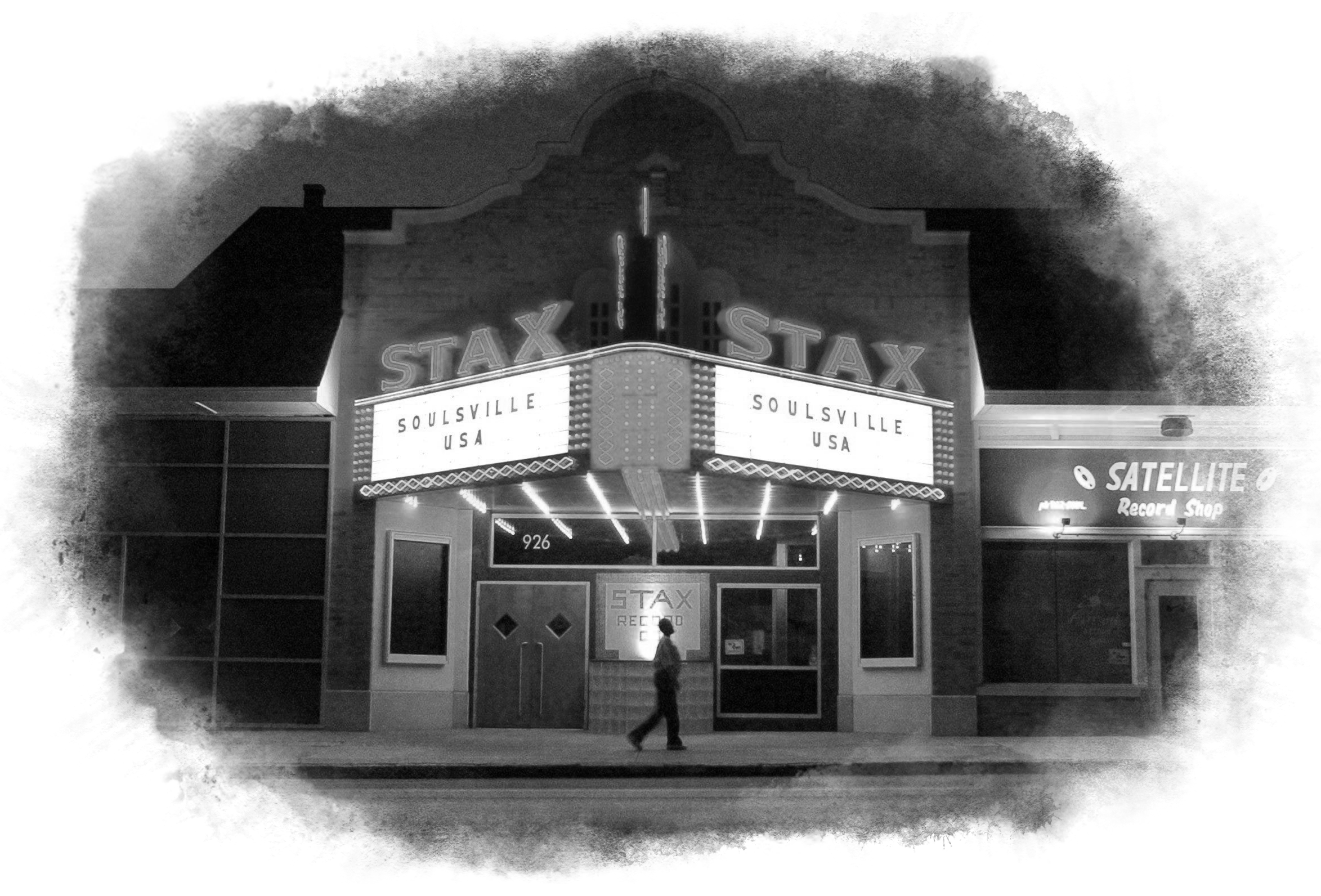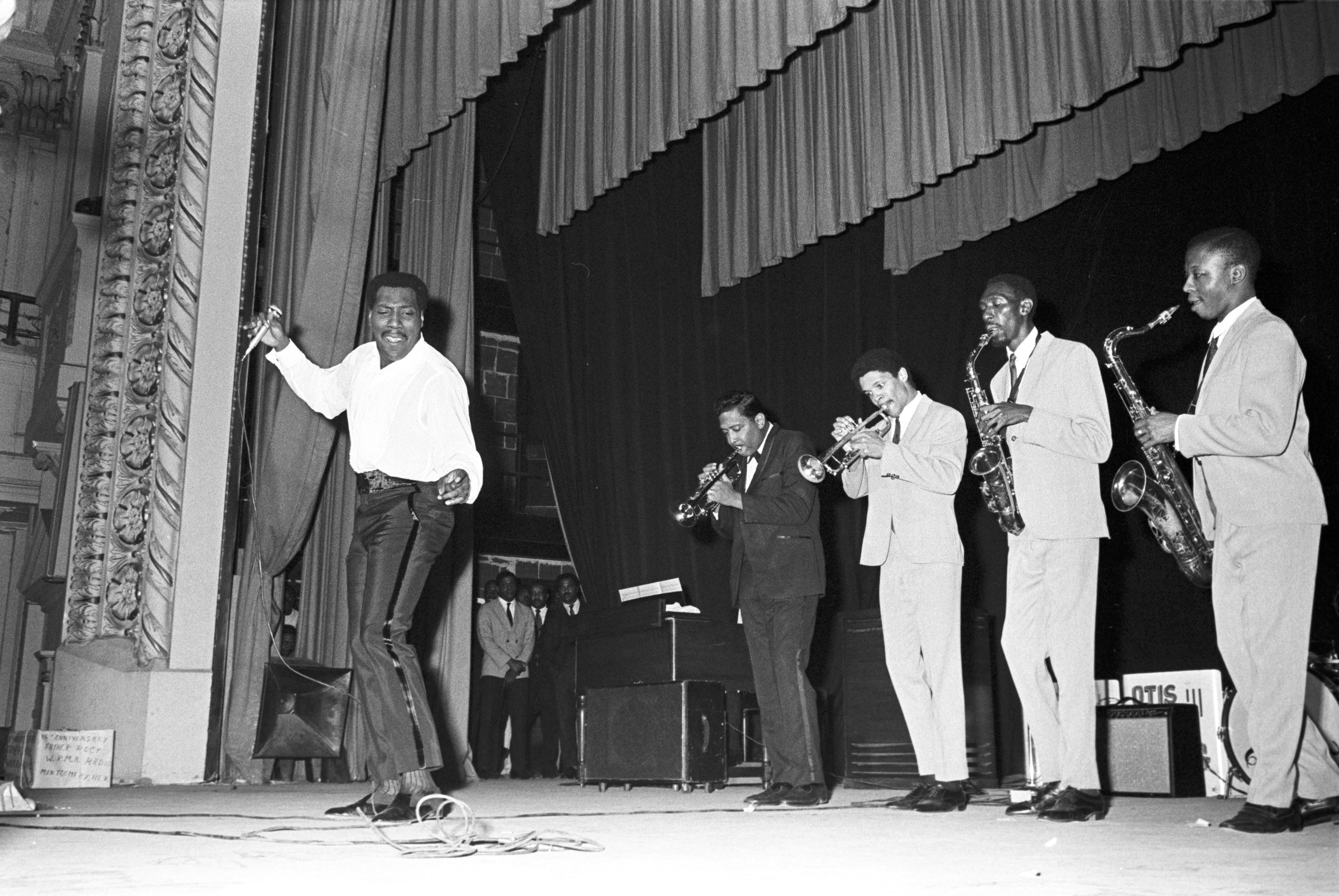

As the National Museum of African American Music opens its doors, journalists from the USA TODAY Network explore the stories, places and people who helped make music what it is today in our expansive series, Hallowed Sound.
From its roots as a country and western label based in a garage in Brunswick, Tennessee, to its eventual evolution into a South Memphis soul music powerhouse, Stax Records released some 800 singles and 300-plus LPs during its historic run from 1957 to 1976. While arguments could be made for dozens, if not hundreds, of songs as being crucial to the company’s rich history, here’s a selection of five key Stax sides.
Play on Spotify: Click here to listen to these songs and more

‘These Arms of Mine’
Otis Redding (1962)

Remarkably, Otis Redding came to Stax as a driver/roadie for another artist but managed to score an audition during a session break. He blew away guitarist Steve Cropper and label head Jim Stewart with this aching ballad and earned a recording contract. The song became Redding’s first single and hit and helped establish The Big O as Stax’s main man until his tragic passing in a plane crash in 1967.

‘Green Onions’
Booker T. & The MGs (1963)
Booker T. & the MGs was the primary house band for Stax during its golden era, backing a slew of stars from Carla Thomas to Albert King. The band's rep as instrumental hitmakers came with the bluesy “Green Onions,” which was cut as something of a lark in 1962 when a singer failed to show for a scheduled session. The organ-fueled groover would become a top #3 smash and the group’s signature song.

‘Soul Man’
Sam & Dave (1967)

A true soul anthem given an electric reading by the dynamic duo of Sam Moore and Dave Prater, “Soul Man” was the crowning achievement of Stax’s prolific songwriting/production team of Isaac Hayes and David Porter. The latter pair’s string of irresistible hits included “Hold On, I’m Comin’,” “I Thank You,” and “Wrap It Up,” among many others.

‘Who’s Making Love’
Johnnie Taylor (1968)
Known as “The Philosopher of Soul,” Johnnie Taylor offered male listeners a shocking new perspective in this cheating song with a twist, which was a smash in the summer of 1968. Taylor’s version was a #1 R&B favorite and hit the pop top 5 as well (a cover by the Blues Brothers a dozen years later also made the Top 40).

‘Theme from Shaft’
Isaac Hayes (1971)

With its iconic wah-wah guitar and “He’s a bad mother…” refrain, Isaac Hayes’ theme to the Gordon Parks-directed Blaxploitation film “Shaft” was one of the era’s biggest hits and earned Hayes an Oscar for Best Original Song. It also cemented Hayes — nicknamed “Black Moses” — as the undeniable leader of Stax’s move into black consciousness and culture in the early ‘70s